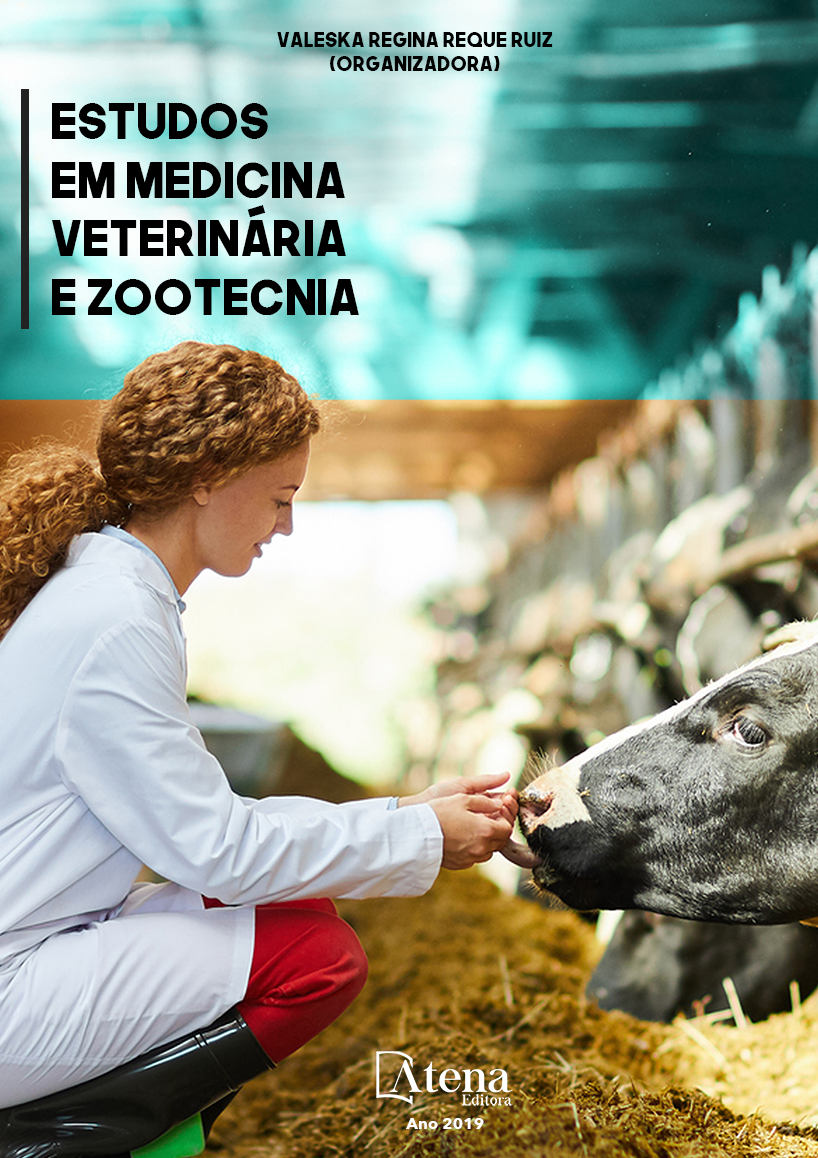
SÍNDROME DA RESPOSTA INFLAMATÓRIA SISTÊMICA (SRIS) NO PÓS-OPERATÓRIO DE CADELA – RELATO DE CASO
O objetivo deste estudo é relatar
um caso de Síndrome da resposta inflamatória
sistêmica (SRIS) no pós-operatório de uma
cadela submetida aos procedimentos de
mastectomia unilateral total, ovariohisterectomia
e exérese de neoformação. Baseado nas
evidencias clínicas e laboratoriais que o
paciente apresentou no pós-operatório, como
hipotensão, diminuição do nível de consciência,
hipoglicemia e hiperlactatemia, chegouse ao diagnóstico de SIRS, uma síndrome
potencialmente fatal. Comumente acomete
animais em sepse, porém grandes traumas,
incluindo cirurgias extensas, ou doenças em
que os fatores pró-inflamatórios sobrepõe
os anti-inflamatórios, como a pancreatite por
exemplo. O prognóstico é desfavorável e a taxa
de óbito alta, em que o tratamento visa melhorar
a hemodinâmica, e minimizar os danos. No caso
específico o paciente veio a óbito em menos de
12 horas após o procedimento cirúrgico, não
obtendo sucesso com a terapia proposta.
SÍNDROME DA RESPOSTA INFLAMATÓRIA SISTÊMICA (SRIS) NO PÓS-OPERATÓRIO DE CADELA – RELATO DE CASO
-
DOI: 10.22533/at.ed.53819240514
-
Palavras-chave: intensivismo, disfunção orgânica, emergência
-
Keywords: intensive care, organ dysfunction, emergency
-
Abstract:
The objective of this study is to report a case of systemic inflammatory
response syndrome (SIRS) in a postoperative of a female dog submitted to the
procedures of unilateral mastectomy, ovariohysterectomy and excision of neoformation.
Based on clinical and laboratory evidence that the patient presented in the postoperative
period, such as hypotension, decreased level of consciousness, hypoglycemia and
hyperlactatemia, SIRS was diagnosed, a potentially fatal syndrome. It commonly
affects animals in sepsis, but trauma, including extensive surgeries, or diseases in
which pro-inflammatory factors overlap anti-inflammatory, such as pancreatitis. The
prognosis is unfavorable and there is a high death rate, and the treatment aims to
improve hemodynamics, and minimize damage. In the specific case the patient died
within 12 hours after the surgical procedure, not being successful with the proposed
therapy.
-
Número de páginas: 15
- Carlos Henrique Silva Luiz
- Lisa Ferreira Menezes
- Andressa Karollini e Silva
- Dalila Souza Rocha
- Caroline Thomaz Araujo
- Amanda Carvalho Faria
- Leandro Guimarães Franco
- Sandro de Melo Braga


